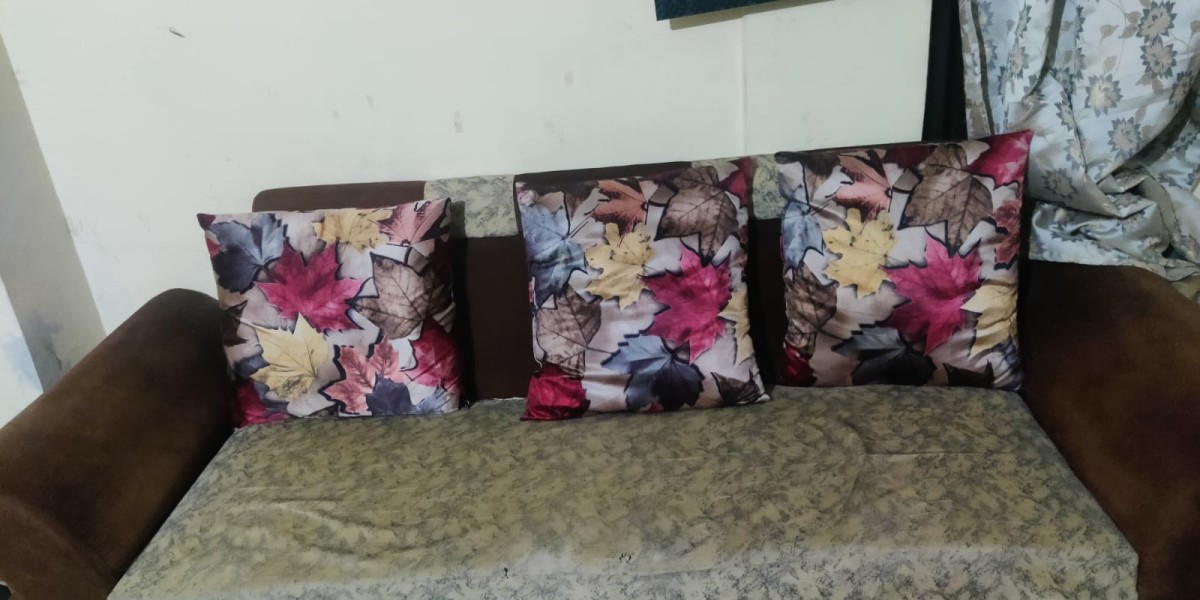In the bustling heart of India, Delhi is a city that never sleeps, constantly evolving with a blend of history and modernity. Among the many vibrant markets and trade hubs, the second-hand furniture market has carved out a unique niche. Offering a sustainable and cost-effective alternative to buying new, second-hand furniture sellers in Delhi are thriving, catering to a diverse clientele that ranges from students and young professionals to vintage enthusiasts and environmentally conscious consumers.
The Rise of Second-Hand Furniture
The second-hand furniture in Delhi has seen significant growth over the past decade. Factors contributing to this rise include the increasing awareness of sustainability, the transient nature of urban living, and the ever-growing demand for unique and affordable home decor options. As the city continues to expand, more people are looking for ways to furnish their homes without breaking the bank or compromising on style.
Key Markets and Sellers
Several key markets in Delhi are renowned for their second-hand furniture offerings:
Shivaji Market, Karol Bagh: This market is a treasure trove of vintage and antique furniture. Sellers here often source their pieces from old havelis and mansions, offering a glimpse into India's rich architectural past. From intricately carved wooden almirahs to colonial-era chairs, Shivaji Market is a haven for collectors and enthusiasts.
Lajpat Nagar Market: Known for its variety, this market offers everything from contemporary furniture to retro pieces. Lajpat Nagar is popular among students and young professionals who seek affordable yet stylish options for their living spaces.
Sarojini Nagar Market: While famous for its fashion bargains, Sarojini Nagar also houses a number of second-hand furniture sellers. Here, you can find a mix of modern and traditional furniture, perfect for adding a unique touch to any home.
Amar Colony Market: Specializing in mid-century modern and vintage furniture, Amar Colony is a hotspot for those looking to add a touch of retro charm to their interiors. The market is also known for its upcycled and refurbished pieces, aligning with the growing trend of sustainable living.
The Buying Experience
Purchasing second-hand furniture in Delhi is an experience in itself. Unlike the impersonal nature of buying new furniture from a big-box store, second-hand furniture shopping is often more personal and engaging. Buyers have the opportunity to interact with sellers, hear the stories behind the pieces, and even negotiate prices. This creates a sense of connection and history, making each piece more than just furniture – it becomes a conversation starter.
Benefits of Buying Second-Hand Furniture
Affordability: One of the most significant advantages of buying second-hand furniture is the cost savings. High-quality furniture that would be expensive when new can often be purchased at a fraction of the price when bought second-hand.
Sustainability: By opting for second-hand furniture, buyers contribute to reducing waste and promoting sustainability. Reusing and repurposing furniture helps decrease the demand for new resources and lowers the environmental impact associated with manufacturing new products.
Unique Finds: Second-hand furniture markets are full of unique and one-of-a-kind pieces. These items often have character and charm that mass-produced furniture lacks, allowing homeowners to create a distinctive and personalized living space.
Quality: Older furniture was often built to last, with superior craftsmanship and materials compared to many modern pieces. Buying second-hand can mean acquiring furniture that is not only beautiful but also durable and long-lasting.
Challenges and Considerations
While there are many benefits to buying second-hand furniture, there are also some challenges and considerations to keep in mind:
Condition: It's essential to carefully inspect second-hand furniture for any damage or wear and tear. Some pieces may require repairs or refurbishment, which can add to the overall cost.
Authenticity: In markets known for antiques and vintage items, verifying the authenticity of a piece can be challenging. Buyers should do their research or consult with experts if they are looking for genuine antiques.
Transport: Unlike buying from a store that offers delivery services, transporting second-hand furniture can be a logistical challenge. Buyers may need to arrange for their transportation, especially for larger pieces.
Conclusion
The second-hand furniture market in Delhi is a vibrant and thriving sector that offers numerous benefits to buyers. From affordability and sustainability to the charm of unique finds, second-hand furniture provides a compelling alternative to new. As the city continues to grow and evolve, this market is likely to expand further, driven by the increasing demand for sustainable and stylish home furnishings. Whether you're a budget-conscious student, a vintage enthusiast, or someone looking to make a positive environmental impact, Delhi's second-hand furniture market has something to offer everyone.









